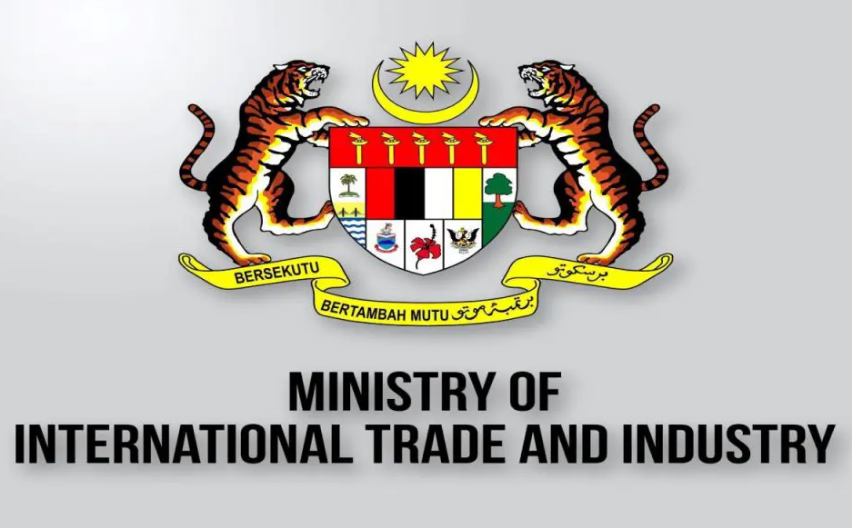RM1.37 trillionn DDI approved since 2013, equally important as FDI — Minister

Domestic direct investment (DDI) remained equally important to the Ministry of Investment, Trade and Industry (Miti) despite the focus on foreign direct investment (FDI) which has been recovering since the Covid-19 pandemic.
Its minister Tengku Datuk Seri Zafrul Abdul Aziz said that in fact, DDI has been equally instrumental in ensuring the well-being of local firms and entrepreneurs, and in contributing to the growth of Malaysia’s GDP.
“From 2013 to the first quarter (1Q) of 2023, RM1.37 trillion of DDI has been approved, led by the services sector with roughly RM1 trillion (RM1.0043 trillion or 73.3 %), while the manufacturing sector received RM291.8 billion (21.3 %) and the primary sector, RM73.9 billion (5.4 %).
“Many of these investments, particularly in the services and manufacturing sectors, have fostered innovation and enhanced Malaysia’s global competitiveness,” he said in his keynote address at the launch of MIDF’s Second Chance Financing scheme, earlier on 16th June.
For the manufacturing, selected services and primary sectors under the Malaysian Investment Development Authority’s (Mida) purview, a total of 9,976 Malaysian-owned projects have been approved with investments valued at RM408 billion and with the creation of almost 490,000 (489,561) jobs.
In realising the importance of DDI to gross domestic product (GDP) growth, he said Miti, together with Malaysia’s key investment promotion agency, Mida, has undertaken various initiatives aimed at creating a strong domestic industrial ecosystem and encouraging domestic investments.
These, Tengku Zafrul said, include the Supply Chain Coordination Programme, where Mida integrates local companies into the supply chains of MNCs and LLCs, whose technological capabilities are leveraged by domestic companies to enhance their competitiveness, of which the Mida – Perodua Digital Transformation Ecosystems (DTE) is a case in point.
“Second, Mida’s SME Desk, which operates as a comprehensive ‘one-stop-centre’ offers invaluable advisory services pertaining to government facilitation for SMEs. In 2022, almost 1,200 SMEs utilised this platform, which serves as a catalyst for SMEs to overcome challenges, seize opportunities and thrive in today’s rapidly evolving business landscape.
“Third, the government has also introduced the Industry4WRD Intervention Fund, aimed at supporting Malaysian small-and-medium enterprises (SMEs) in the manufacturing and manufacturing-related services sectors to adopt Industry 4.0 technologies,” he said.
As of 31st May, 2023, a total of 335 SME projects, amounting to RM123 million, have been approved under the Industry4WRD Intervention Fund.
“Through the New Industrial Master Plan 2030 (NIMP 2030), we are placing an equally strong emphasis on enhancing domestic investments because we recognise DDI’s significant contributions to the economy.
“As such, the NIMP2030 also aims to facilitate the growth, competitiveness and participation of home-grown companies in higher value-added sectors by enhancing the overall product complexity of our manufacturing industry, tech-ing up industries to make us a digitally vibrant nation; facilitating them towards achieving Malaysia’s net zero targets and safeguarding their economic security and inclusivity,” Tengku Zafrul said.
Through the NIMP2030 that Miti is finalising, the ministry wants to create an environment that, among others, fosters the transfer of FDI benefits into the domestic economy and stimulates DDI.
“Backward and forward linkages between FDI and DDI rarely happen on their own. Without the appropriate policy push to enhance such linkages, FDI could end up operating as an ‘enclave’ or in isolation within our economy,” he said.
One of the key enablers for all these is to craft and mobilise a financing ecosystem that is more innovative and inclusive for domestic businesses and SMEs to survive, thrive and benefit from that FDI ecosystem.
